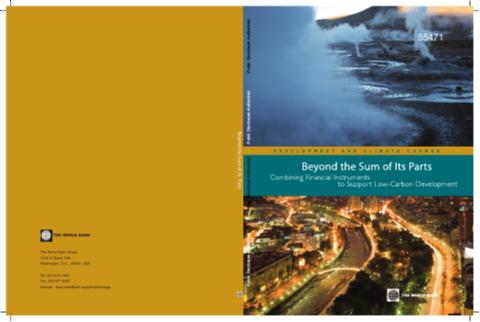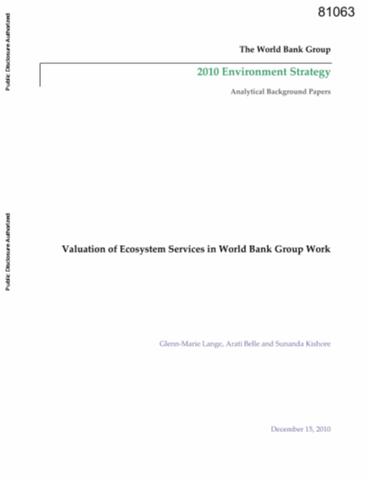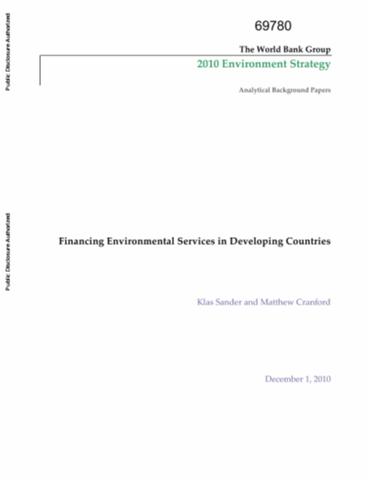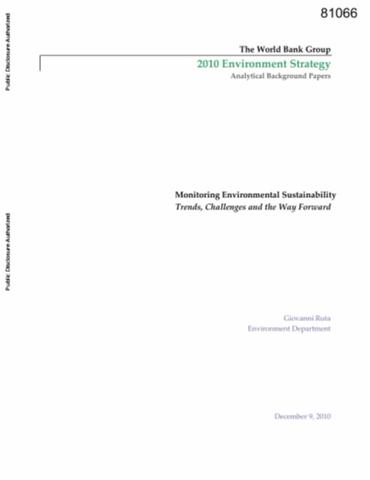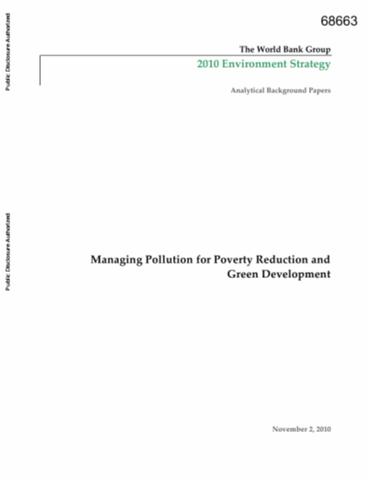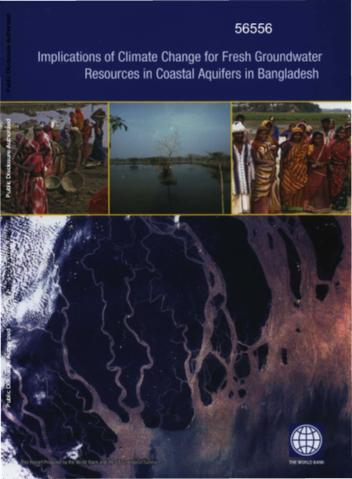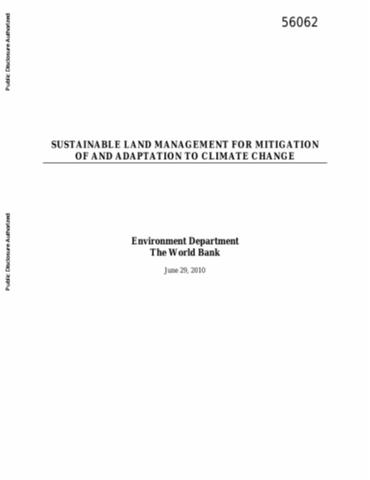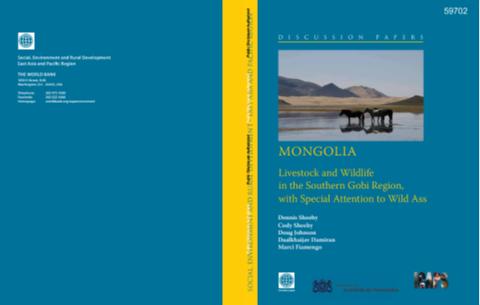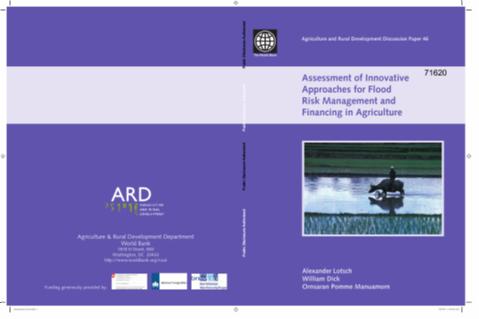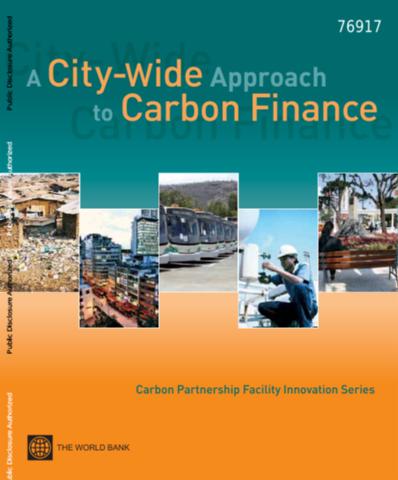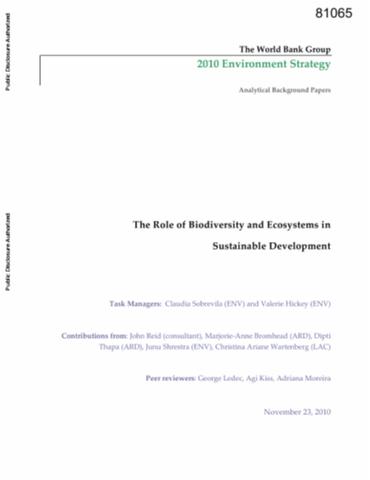Beyond the Sum of Its Parts
The world development report 2010 estimates that an additional $200 billion per year of climate-related financing is needed in developing countries between now and 2030 to keep global average temperature rise within 2 degrees Celsius. Developing countries face increased financing challenges over coming decades as they seek to pursue economic development along a lower emission trajectory.

